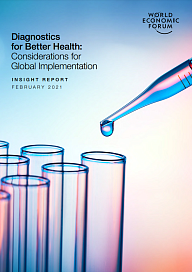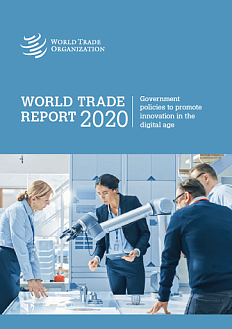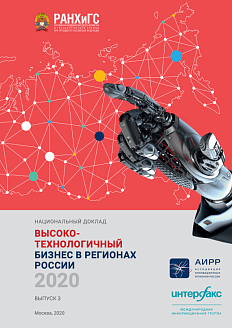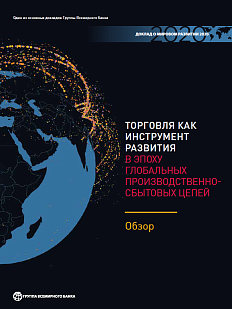The research prepared by experts of the World Economic Forum examines health issues related to the implementation and introduction of effective diagnostic methods in medicine.
The Roscongress Foundation presents the salient points of the publication accompanied by fragments of broadcasts of relevant panel discussions from the business programme of international events held by the Roscongress Foundation.
Diagnosis is a key component of providing medical care in any health care system, but its effectiveness depends on a plethora of conditions.
For diagnosis to be effective and efficient in a wide variety of settings, health care ecosystems must consider a wide range of issues ranging from conditions in laboratories to problems in interactions with patients. This research emphasizes that one must take into account different conditions in different territories, which differ depending on the geography and available capacity in the countries, when using diagnosis extensively. To eliminate these and other gaps, investments in accessible technology and the creation of innovative approaches to financing in different markets are needed. In addition, the appropriate high-quality medical resources needed to implement diagnosis processes must be combined with effective supply chain management and training of laboratory and clinical professionals to conduct and analyze diagnostic tests and results.
Both global and local contexts must be taken into account to improve diagnostic efficiency.
Not all solutions are suitable for every country. Epidemiological surveillance of diseases, monitoring of diagnostic use, comprehension and safety, data analysis, and health care practices must be both ethical and appropriate for a particular resource and cultural environment. The research notes that diagnosis can be more effective in a variety of settings and still provide expected outcomes for the population if parties involved align their diagnostic capabilities with the global health agenda. It is also important to promote the diagnostics program by increasing support for current global initiatives and strengthening efforts by creating a coordinated global alliance for accessible diagnosis. This proposed alliance would learn from the successful models of other global public health initiatives that create long-term, sustainable markets for various basic essentials in the field of healthcare, such as vaccines. It will adapt these approaches to increase the availability of basic diagnostic tools, facilitating their development «for the correct purpose» depending on markets, and will help with the study of mechanisms that enable access to advanced diagnostic tools.
To improve diagnostic processes, particularly in low- and middle-income countries, a number of actions need to be taken in the fields of innovation, big data, and regulation.
According to the report, countries also need to do the following to improve health care effectiveness:
— To study innovative and collaborative researches, developments, and business models that increase incentives for system development in low- and middle-income countries.
— To support further harmonization of regulatory requirements in high-income and low-income countries, while ensuring that products continue to comply with their intended purpose in target markets.
— To improve the effectiveness of diagnostics in markets by better understanding of user experience, contextual awareness, cultural and social issues, and the applicability of reference data.
— To pay attention to current gaps that have arisen due to the increased use of human health, clinical, and genomic data in diagnostic development, including political issues related to consent, data privacy, data access, and benefit sharing, and practical issues related, for example, to ensuring diagnostic development using reference data compatible with test-using population.
For more information, see the special sections of the Roscongress Foundation Information and Analytical System: Medicine and Healthcare devoted to the development of medicine and health care fields, also Applied Research и Digitalization, which provide information on the processes of developing and implementing new technologies.






